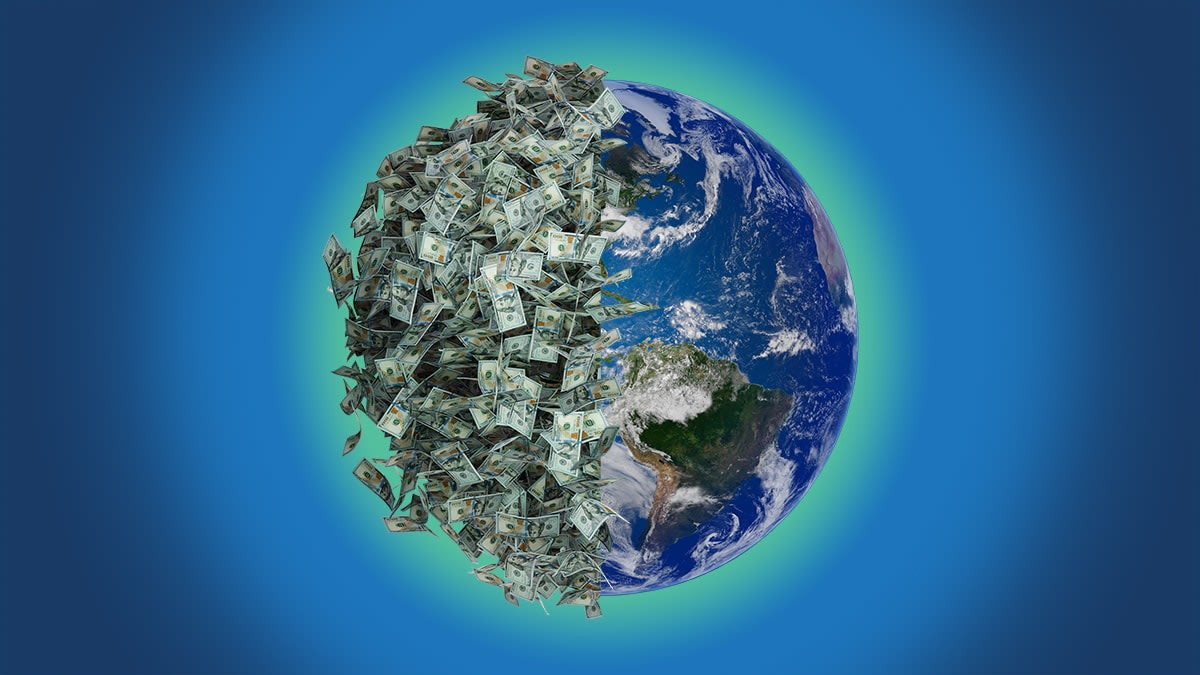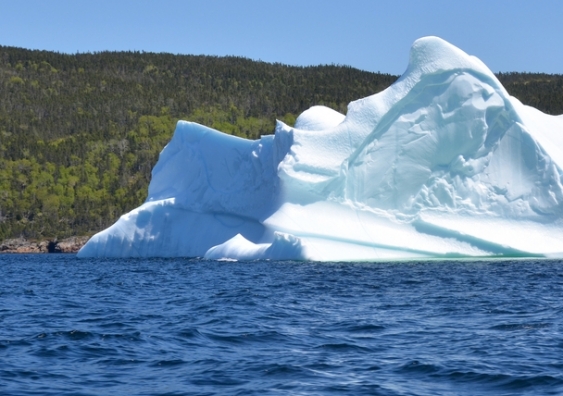Matted Joybeard
Gold Member
- Dec 2, 2014
- 748
- 254
- 178
Borg is an idiot, hth. The OP and others, like Borg, are not discussing any current consequences (and costs) we are presently experiencing as the world warms and human activities place other pressures on the totality of the biosphere.




